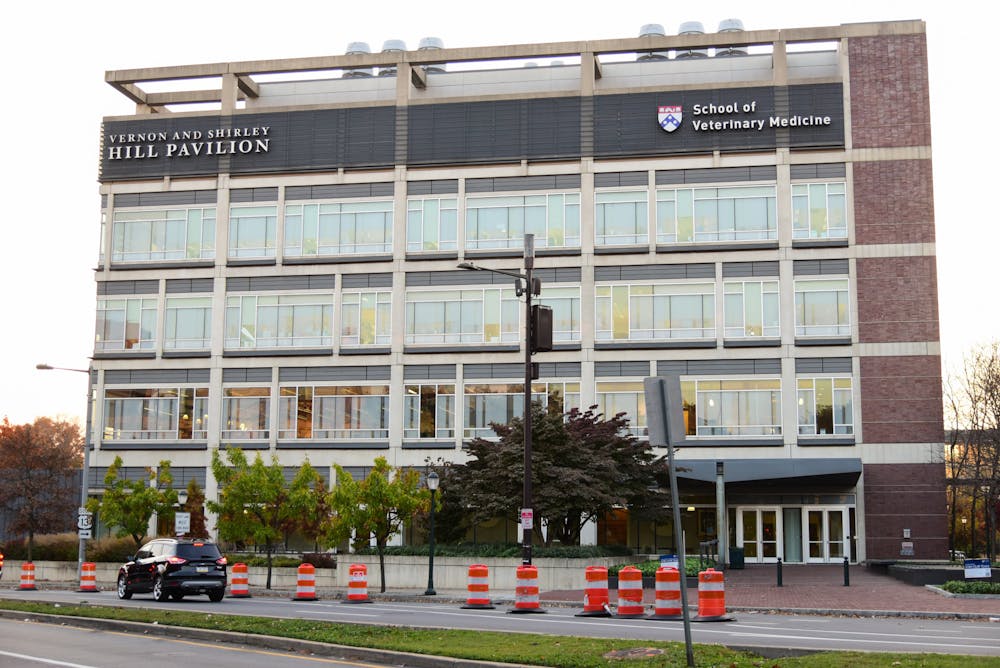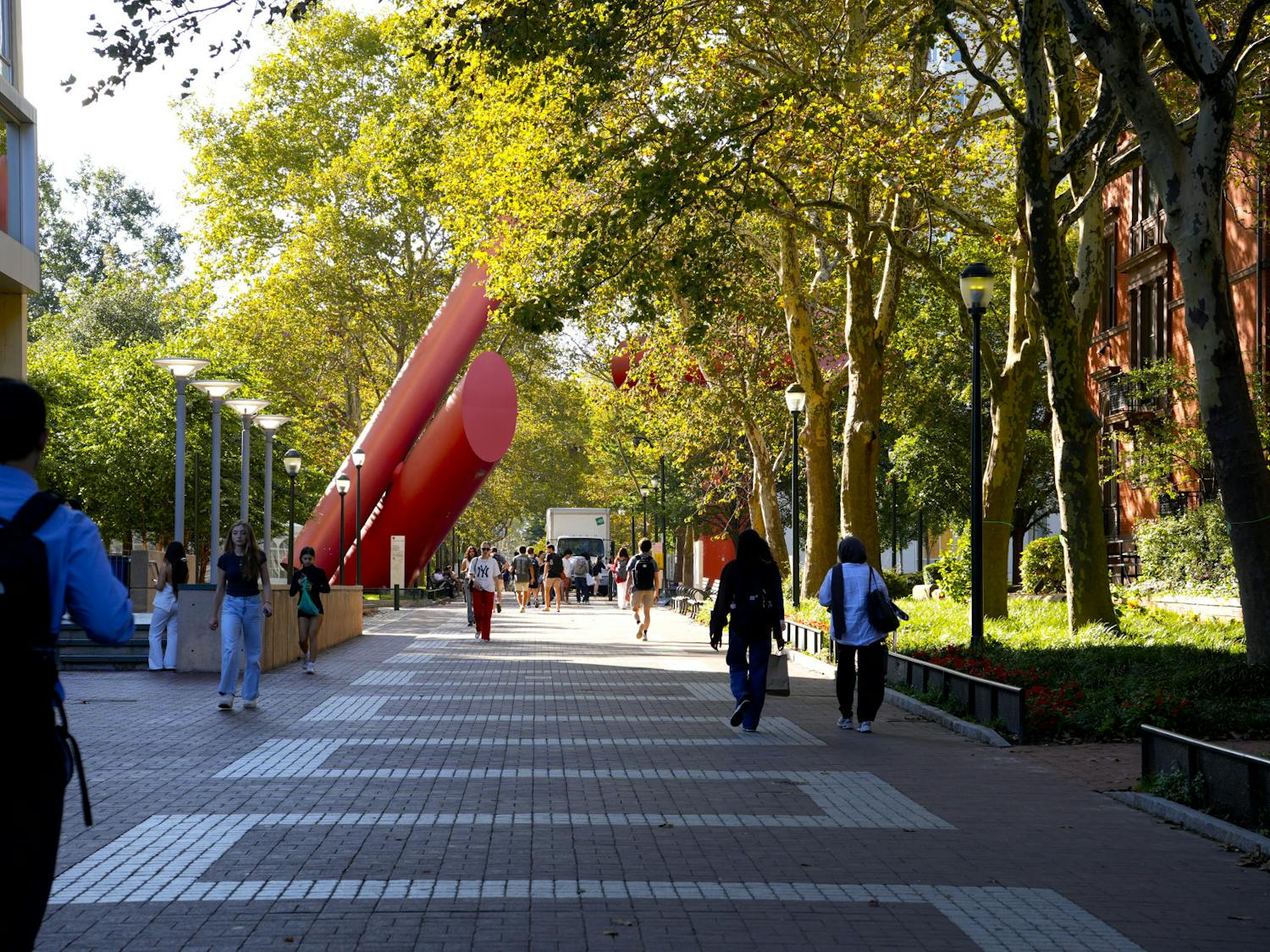Penn's School of Veterinary Medicine told The Daily Pennsylvanian that they are implementing “significant changes” after current students and recent graduates voiced concerns about their work schedules, with many claiming to work more than 100 hours a week.
An August 2023 letter signed by 65 fourth-year students and recent graduates alleged that Penn Vet consistently breached the American Veterinary Medical Association guidelines, which recommend a cap of 80 hours per week, according to The Philadelphia Inquirer. Students argued that they were being treated more as an unpaid labor pool than as individuals paying over $60,000 annually for their education.
The letter stated that students and recent graduates' abilities to provide effective care for their patients are hampered by their clinical schedules, which they described as unsustainable.
In a statement to the DP, Penn Vet Chief Communications Officer Martin Hackett wrote that Penn Vet has been implementing significant changes throughout the fall semester to address student workload concerns. These changes include modifying clinical student responsibilities, limiting clinic duty hours before and after on-call shifts, and ensuring rest time after on-call shifts.
In the August 2023 letter, students called for the implementation of similar work hour caps as seen in Penn and Drexel University's medical schools, emphasizing the importance of safeguarding both the students and their patients. At Penn Medicine, students and residents can work no more than 80 hours per week.
“[We] are left with no recourse but to raise our concerns with the administration, which hopefully will lead to the changes we are looking for,” the letter read.
The signatories additionally argued that they are shouldering the brunt of the veterinary nursing shortage, requiring them to work treatment shifts that consist of nursing duties such as cleaning kennels, administering medications, and taking vitals of animals.
Students also voiced these concerns to Penn Vet administrators at a virtual meeting in October 2023.
Penn Medicine hospital cited for two safety violations within month, one resulting in patient death
Pa. state House task force lists goals for Penn to address antisemitism, regain vet school funding
At the meeting, chief medical officer of Penn Vet's Ryan Veterinary Hospital Brady Beale said that — while the nursing shortage in veterinary medicine is “incredibly real” — the hospital itself was not dealing with a nursing shortage.
“We’ve just been hit with an unusual, a really, really unusual number of illnesses and injuries,” Beale said at the meeting, according to a recording obtained by the Inquirer.
Hackett wrote that Penn Vet has maintained “an open and active line of communication” with the student community.
The administration has also held a series of focused conversations with smaller groups of students and quarterly check-in meetings, according to Hackett. Students were given a platform to discuss topics such as hospital operations, clinical education, and student wellbeing.
“It is an ongoing process, but our outreach efforts have been well received by students, staff, and faculty,” Hackett said. “We look forward to continuing to work with our clinical care teams as part of our continuous quality improvement initiatives in both education and patient care.”
As one of only 32 veterinary schools in the United States, Penn Vet’s challenges underscore broader issues within veterinary education. At Iowa State University, students similarly alleged poor working conditions and said that they regularly worked more than 80 hours per week — in violation of the school's policy, according to the Iowa State Daily.
Since Penn Vet students are not employees, they are prevented from legally unionizing — unlike Penn Med residents and fellows, who voted to unionize last May to push for better working conditions and the right to weigh in on the hospital system’s decisions.
Penn Vet is the sole veterinary school in Pennsylvania, and has graduated over 6,000 veterinarians, while also offering master's and doctoral degrees in collaboration with Penn Med. It is the also only United States veterinary school that was developed in association with a medical school, and one of four private veterinary schools in the nation.
In December 2023, the Pennsylvania House of Representatives voted to withhold more than $31 million in funding from Penn Vet due to concerns over antisemitism on campus.









